
I head back to Madison, Wisconsin for this Q&A to catch up with the producers of Madison’s 48 Hour Film Project. I met these two talented and hardworking individuals last year, when I came on to the RGBeasts team for the very first time.
An unforgettable experience, to say the least, but thanks to this particular opportunity, I have an expectation of how the film life works for future projects. Now I get to sit down with the masterminds that are working towards bringing Wisconsin on the competitive map for the film industry.
Let’s open this interview with a story. How did you two come together as business partners? How long have you two been business partners?
Michael Keeney: Ooh, pick me!
Kat leans backward in her chair, clearly giving Keeney the floor.
MK: I’d been hired to launch and operate a boutique film festival for a convention that was coming to Madison. I knew I could get films and filmmakers involved, but I also knew I didn’t know a darn thing about scheduling … anything. I’d met Kat at a different convention, where she was the Director of Operations, overseeing a five-day event with 1,500 attendees, more than 70 scheduled panel discussions and other timed events that completely took over one of the largest hotels and conference centers in town.
And so I asked for a meeting. To be honest, I was hoping to make my pitch, and she’d suggest one of her interns who might be willing to take on my little two-day, 20-film, one-room event.
We met, and I explained what I thought would be the upsides and the challenges. About half way through her questions and answers, Kat used the word ‘we.’ As in, ‘Well, we could go through Brown Paper Tickets for ticketing ….’
I did my best to look calm and cool while I quietly picked my jaw up off the floor. Again, I was hoping for the name of an intern.
At this point Kat rolls her eyes and leans forward again.
Katherine Thompson: I had been looking for a new challenge, and his timeline happened to fit with an opening I had between shows and it sounded like fun.
MK: That was … seven? years ago?
KT: Six.
MK: I immediately began utilizing her skill sets more and more for Key Media Entertainment projects, and before too long, Key Media Narratives became an official thing — Key Media Entertainment had been working in film and commercials for a number of years before that. We did more in the first 18 months as Narratives than I had in the five years before on my own as Entertainment.
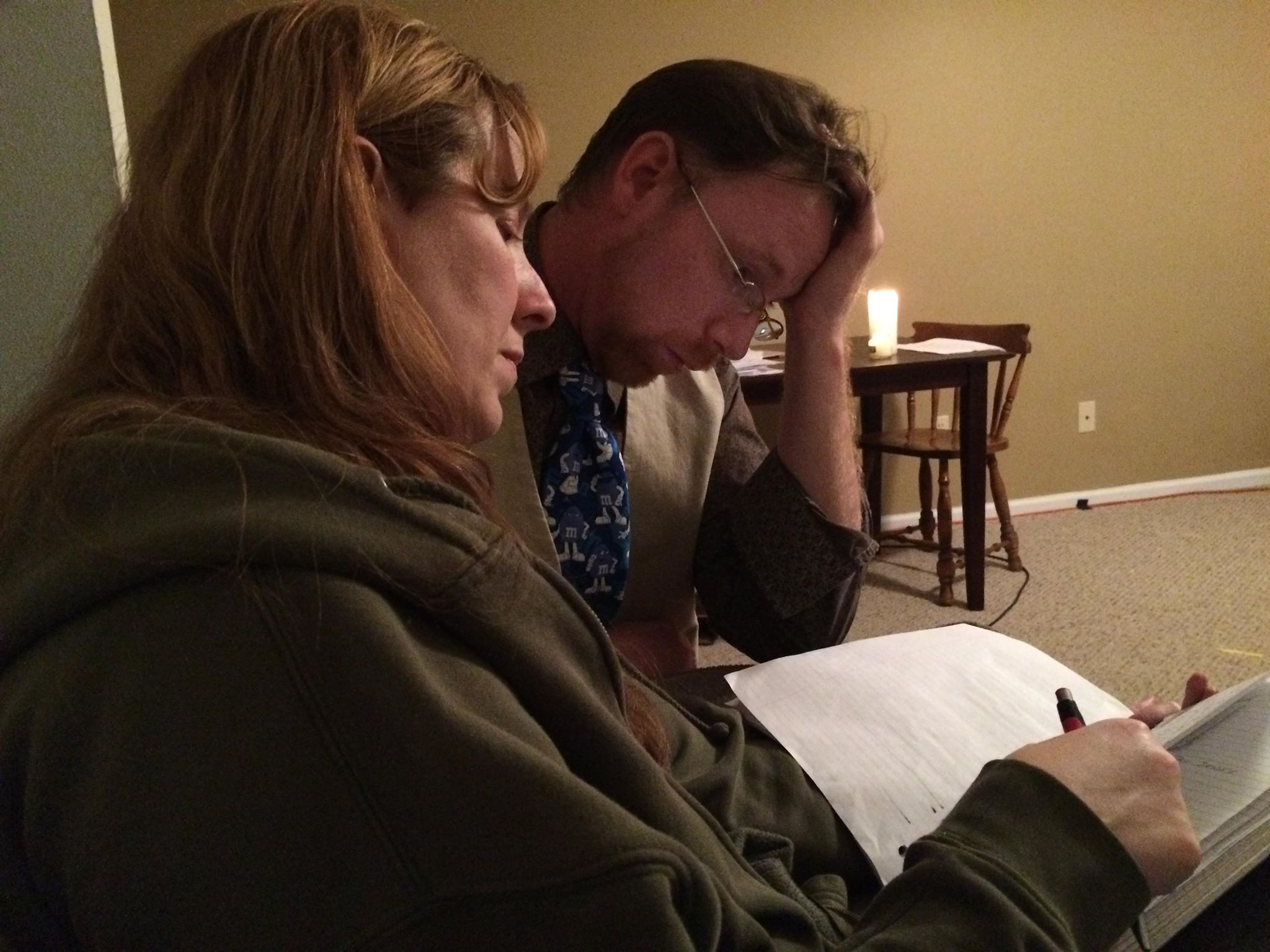
How long have you two been producing the 48-Hour Film Project in Madison,WI?
KT: This will be our third year at the helm as Producers. We competed successfully as a team off and on for a few years before that.
For prizes, you open opportunities up not just on a local level, but the winner gets a spot in the film festival, Filmapalooza, to compete against other 48-Hour short films. You both were just there supporting last year’s winners for Madison, The Porchetta Paradox. How was the experience for you both?
MK: It was pretty great. Filma is a combination film festival-slash-competition- awards ceremony. There were approximately 150 City Winners from around the world that were screened. In addition to that Festival aspect, there are a number of mixer and networking events, as well as classes on filmmaking and programming specifically for us as City Producers. The chance to find common ground and discuss common challenges with other filmmakers and producers was tremendous.
KT: The ability to watch award-winning films, made by filmmakers just like us, with the same challenges we face was a wonderful opportunity. You learn something about different cultures around the world, and how they use the medium. You would think that with everyone having the same rules and the same restrictions, the films would have the same feel. But they really didn’t. Yes, there was much they had in common, but it was very interesting to see how different cultures use film differently.
It was was very rewarding to see ‘The Only Logical Conclusion,’ which is The Porchetta Paradox’s City-winning 2018 film, really reach a genuinely international audience.
MK: In fact, David and Matthew were one of the few teams chosen to be interviewed afterward. They held their own, and the humor of ‘Conclusion’ holds up. We were proud, and Madison should be proud.
It was also an amazing chance to see what it takes to make it to Cannes. I really think we have teams right now that have a shot at making it all the way.
Let’s open the picture up a bit for those wondering the role of a producer requires. Can y’all describe your days working together or separately and what comes with organizing these types of events?
MK: Lots and lots of Tylenol.
KT: Far more goes on behind the scenes than on the screen. We are responsible for every aspect of producing the Madison event from planning to covering the costs. We negotiate with the theaters and any local sponsors we recruit. We set up any meet- and-greets and educational seminars. Most of the correspondence with filmmakers comes through us. The 48’s international team does provide us with some templates, but almost everything you see leading up to Kick-Off and through our Awards Ceremony is our responsibility. All those graphics you see on our Facebook page, for example, Michael does those. The trivia contest we had last year, that was all him.
MK: It’s really a team effort. Kat let’s me play. She does all the work. I get to focus on doing one thing, knowing she’s got the pulse of everything. Then I do the next thing she says needs to be done. I don’t need to worry if we have an e-mail scheduled. She knows. I may write or edit it, but she makes sure everything is actually going out. If you think about the 48 as a railway, I get to be the cool engine and blow steam and smoke and it might look like I’m the one getting the passengers and cargo down the track, but really, there’s whole lot more to it than that. Who makes sure there are passengers and cargo? Kat. Who makes sure there’s a staff working the train station? Kat. Who makes sure I don’t just steaming off down the tracks and run into another train? Kat. And while she’s doing all that, she’s also still very involved with the theater scene, so she’s networking with actors and stage directors and crew, letting them know about this opportunity. I just do one thing.
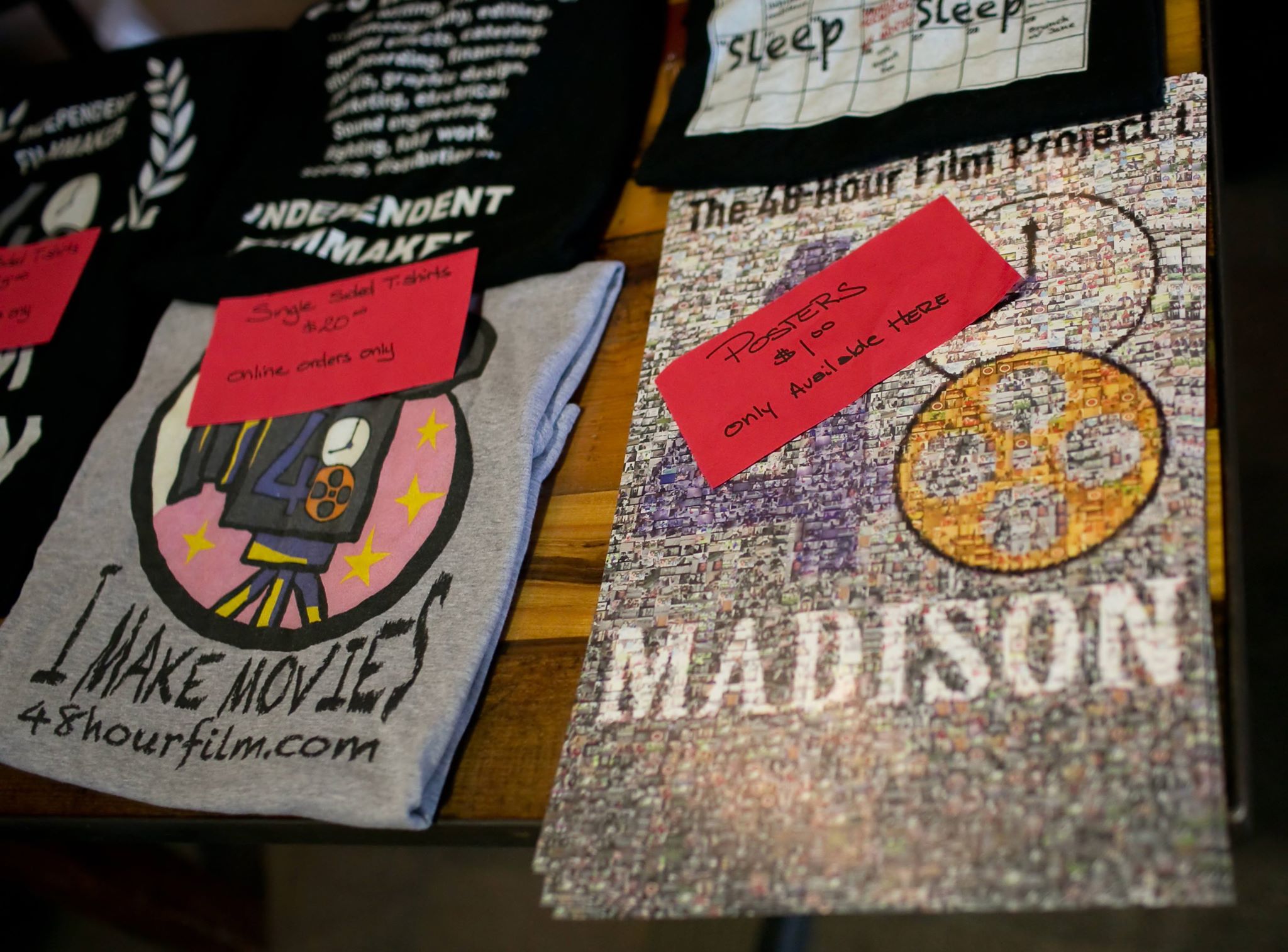
I am sure you guys provide work in the film industry past the 48-Hour Film Project. Can you give us an insight on the tasks and other projects y’all do when the 48-Hour Film Project is not going on?
KT: Key Media Narratives is in Pre-Production on a short that I’m really excited about. As usual, Michael wrote a wonderful script. And we’ve had a feature we’re slowly assembling for a while now. Again, Michael wrote that. I think he’s got five or six stories in his head at any time.
MK: I’ve got a desk drawer with 13 treatments in it right now, waiting for the stars to align.
KT: See?
MK: Stories are not a problem. But those are the passion projects that we do, because we love them. We also work on a couple of commercials and significant films every year. You’ve seen our work, whether you realize it or not.
We’ve been a part of commercials for the Wisconsin Lottery, Johnsonville Sausage, ESPN, Kwik Trip and more. We worked on the Christopher Nolan ‘Batman’ series; spent the summer on ‘Public Enemies,’ traveling all over. We did Ryan Gosling’s directorial debut ‘Lost River’ with Matt Smith and Christina Hendricks. We just wrapped up ‘Deliver Me’ in Chicago — actually most of our paid work is in Chicago in film or television, sometimes Detroit.
We also do a handful of local commercials and industrials. We’re in talks right now with a scientific instrumentation company with offices on six continents and instruments and employees on all seven. I work as a writer and script consultant on other people’s stories as well.”
KT: I’m on the Board of Directors for the Madison Theater Guild, and I continue to stage manage a handful of live theater.
MK: She’s also a fitness instructor and mother of three, all of whom have been and are very active in the Performing Arts. So, really, she has three full-time jobs.
A lot of other awards, opportunities, and experiences can come with participating in the 48-Hour Film Project. Can y’all share what could possibly go right for an inspiring filmmaker, even if you don’t win Best Picture and head to Filmapalooza?
MK: It can literally launch your career. The truth is that that no, most films do not go on to critical acclaim, and most filmmakers are doing this purely for the love of the Cinematic Arts. But it does happen! Eight years before becoming the director of Rogue One: A Star Wars Story, Gareth Edwards made his first film in a 48.
KT: Last year one of the 48 films at Cannes was offered and signed a distribution deal, and one of them from this year is negotiating to be a television series in Europe.
Are y’all working on any projects currently or is your focus merely on the film project event right now?
MK: Thirteen ….That I’ve told her about.
KT (Sighs): We’ve got a couple things in the works. We anticipate posting some cast and crew auditions soon. Schedule permitting.
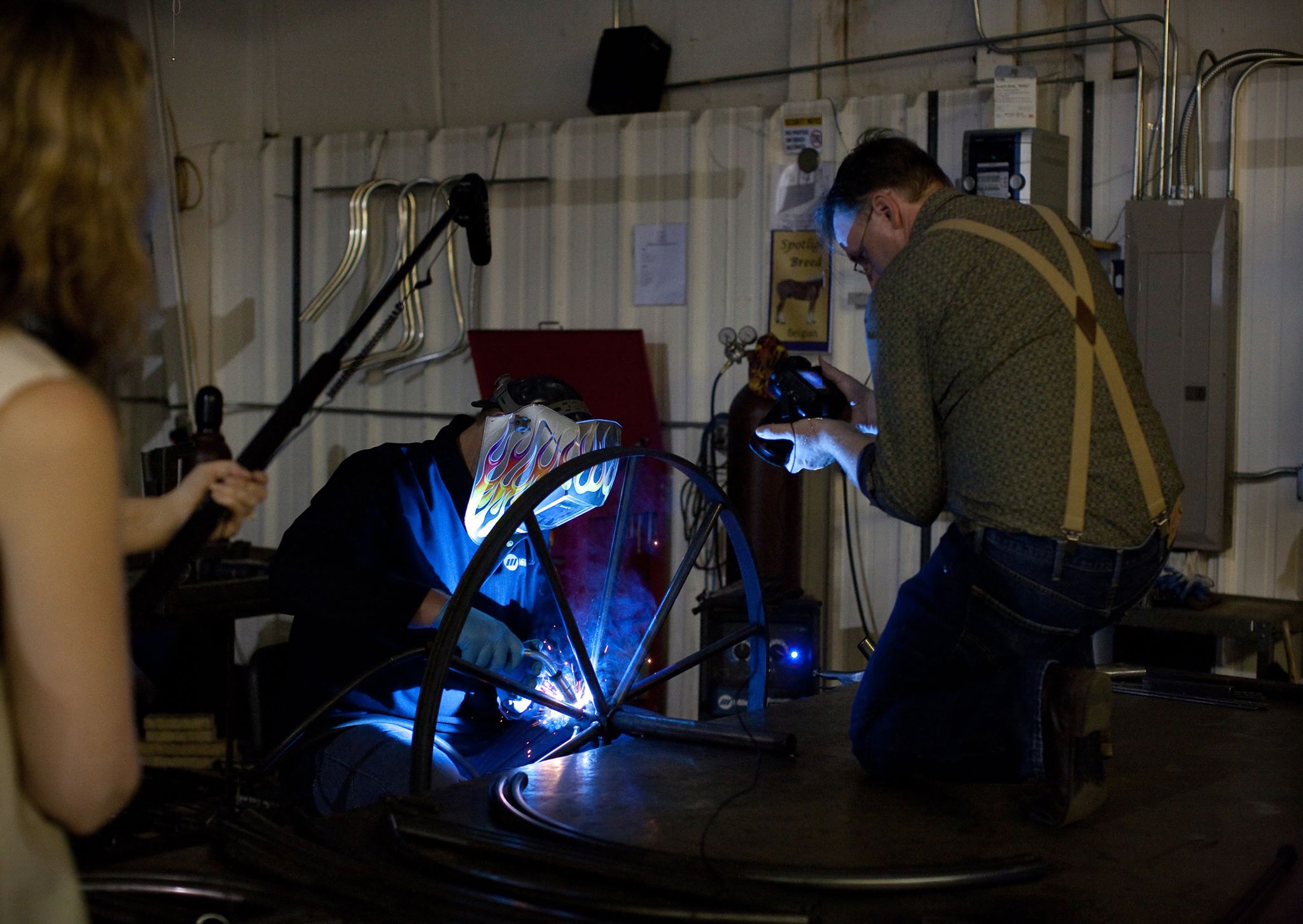
Last year,you had an astounding 30 teams, plus a waiting-list for this year’s film project. What was the reaction and experience for that kind of turnout on your end? Are you expecting a similar turnout this year?
MK: More Tylenol. Actually, it was … very gratifying. When we came in the 48 was on a bit of a downward trend. There had been some concerns — which we knew, because we had them ourselves when we were competing. And we’ve worked extremely hard to address them.
KT: There is a huge difference, logistically, in 30 teams versus the 16 we’d had our first year. We have the best problem ever — we’d outgrown the spaces the 48 had been used to. So we literally began planning 2019 the day after the 2018 Premiere. By the time our Awards event rolled around, we’d had our new partnership with Marcus Point Theater virtually sewn up. We just couldn’t announce it yet. We’re not sure if 30 is our high-water mark, but we’re preparing to make things bigger and even better.
MK: We’re one of the smallest cities in the 48 community, and when other cities find out that we had 30 teams, they tend to want to give us advice, because they have 40 or 60 or so. And then I ask them how big their city is, and get, ‘Oh, Philadelphia is 1.5 million,’ or whatever, and then they ask how big Madison is and I get to say, ‘247,000.’ Suddenly they’re asking us for advice. We’re proud of our film community.
KT: I’m extremely proud. Madison is very engaged in the cinematic arts.
What has been the biggest highlight for Madison’s 48-Hour Film Project over the years?
MK: I’m going to go personal. For me, personally, the biggest highlight is a tie. Our first year as competitors, I was the team leader and producer, and I really didn’t know if we could do this thing. I’d worked my tail off and I was afraid it going to crash and burn all around me. And then we got to the Premiere, and I got to sit in a real theater with my friends who’d busted their butts with me and for me, and I got to see our film, a real film, that hadn’t even been an idea just a few days before, let alone a script, much less a complete film, on the big screen, and I got to watch all those people see their work, and be proud of their work and then see their names on the end crawl. To watch their faces when they saw their own names and heard the applause is just … transformative. To this day, whenever we’re screening one of our films for the first time, I stand quietly in a corner at the front of the room, so I can watch our people experiencing our film.
And it’s still a tie. Just as wonderful as that moment is, having someone type their own name in to IMDB and see their first listing, for the first time? It’s … just as good.
KT: The biggest highlight for the 48 is still to come. We’re going to have films in the Cannes Film Festival. One of our actors is going to get discovered. Someone is going to get a picture deal. And it’ll all have started right here.
MK: Okay… Yeah, that. Put me down for that, too.
What has been the biggest highlight in your careers in the film industry, separately, or as a team?
MK: To the public, it’s probably my work as a stunt driver, with Oscar-winners lives literally in my hands. Or working on Oscar-nominated films.
If you’re asking me, not the public, there’s no replacing those firsts. Those firsts I’ve already mentioned. The first time I walked around on a set that had only existed in my imagination before we built it. The first time I had a script optioned, and getting to be there as the amazing talents I get to call my friends experience those firsts for themselves. It gets no better than getting to make those things happen with one of my best friends as my business partner.
KT: This is why he’s the writer.
What is the one thing you are looking forward to most with this up and coming film project here in Madison this year?
KT: Turning off the microphone after greeting the crowd, and sitting in a theater full of area film-makers and film fans and just being a film fan myself, watching the amazing productions that our community made, in just 48 hours.
MK: I was going to say, ‘Declaring registration closed, because we were full, but, I want to take her answer, again!
I heard there are a few changes for this year’s project. Can y’all reiterate the changes that are coming up this year that the incoming filmmakers should be enlightened about?
KT: The biggest changes should be ones that the teams and fans will barely notice —
MK:— But please do notice them!
KT: — and that’s that we’re in a new theater on a new day this year. Our premiere will be July 29th at Marcus Point Theater on their Ultra-Screen. The 29th is a Monday. The Ultra-Screen as a few more seats, but we often sell out, so it’s always a good idea to get your tickets through Brown Paper Tickets in advance.
We’ll have that information to you as soon as possible. In the mean time we have a brand new Join-A- Team program and a Talent Directory where would-be participants can post about themselves and what they would bring to a team, and Team Leaders, and would-be Team Leaders can post what they’re looking for to fill out their team.
Do any of you two have last minute tidbits of information to share with the readers and anyone interested in joining the 48 community?
MK: Registration for new teams will open on May 1st. Simply go to 48hourfilm.com and follow the prompts to find Madison. The best thing is to just jump in and do it. The Madison filmmaking community is on the rise, and that break- out star could be you!
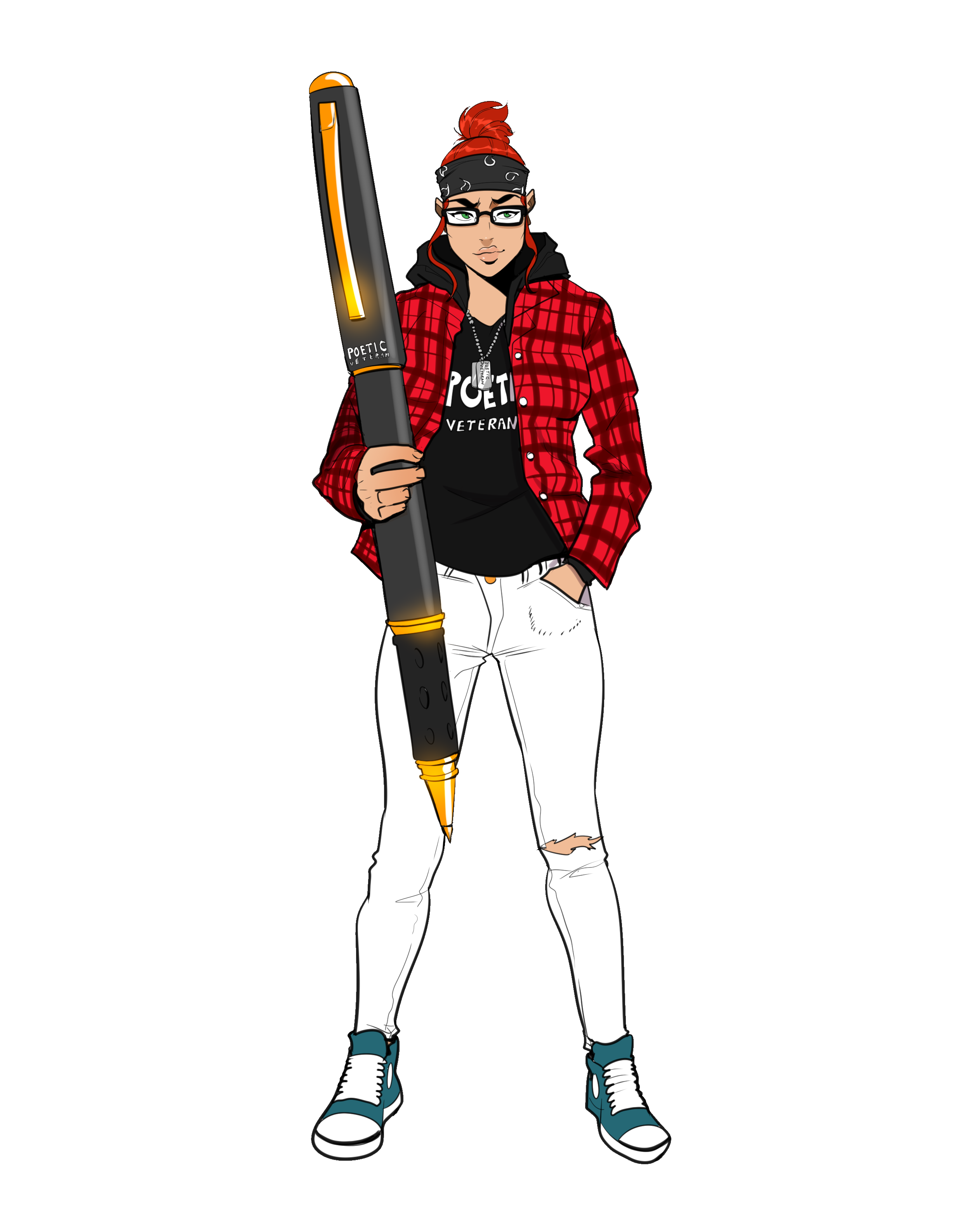

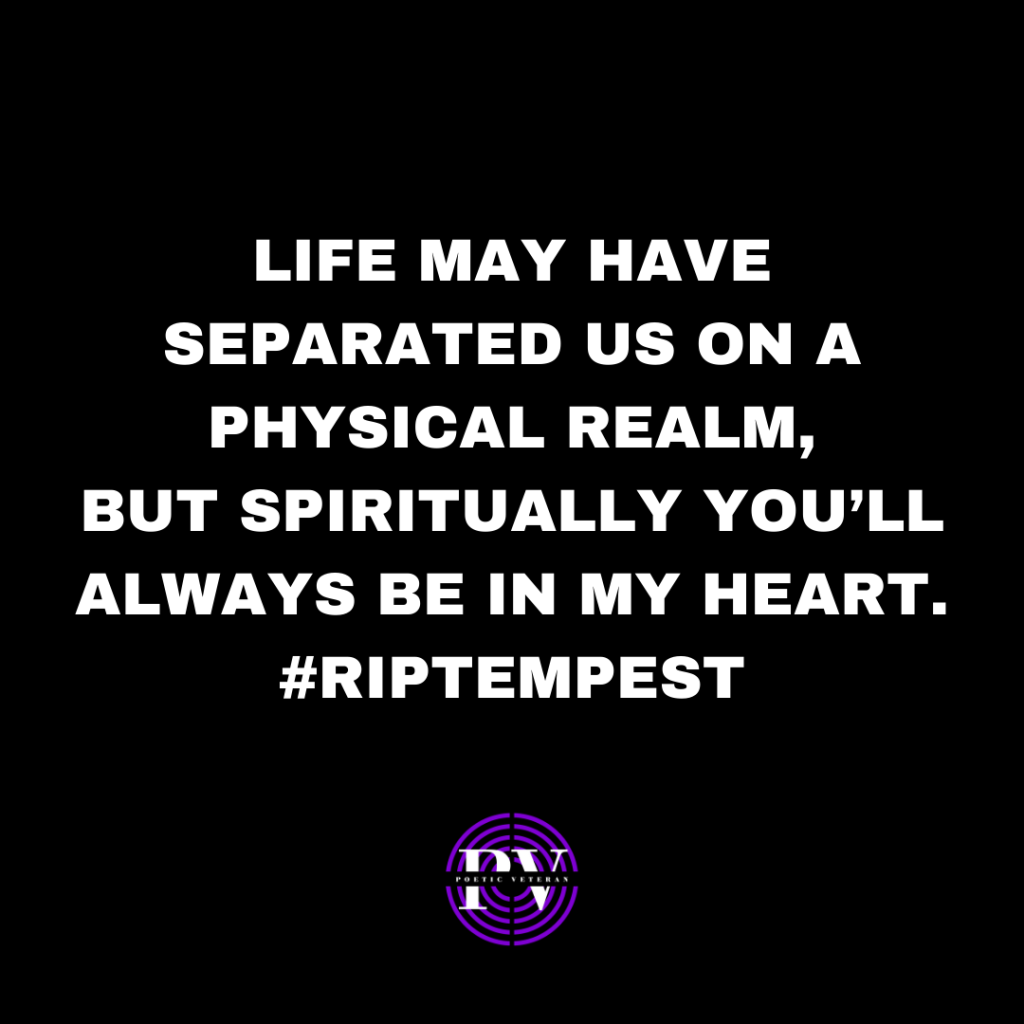
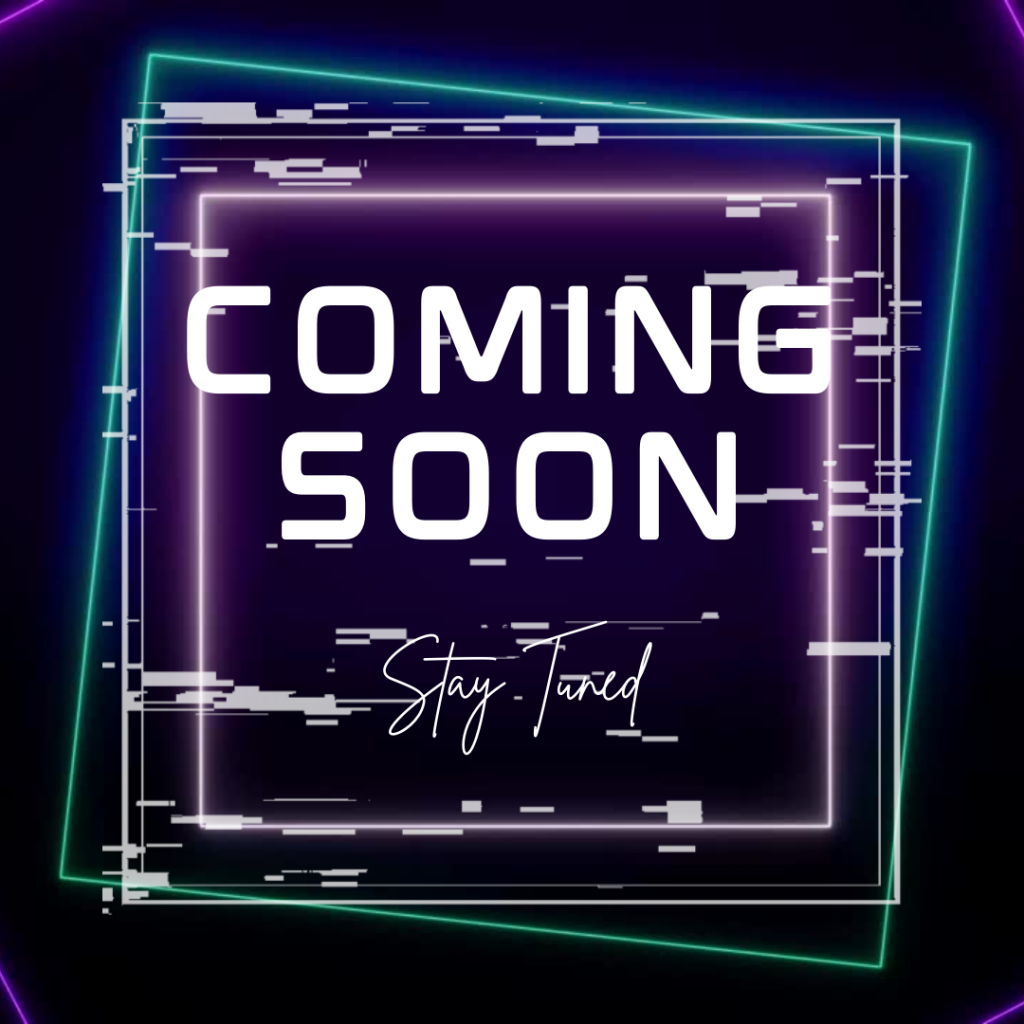
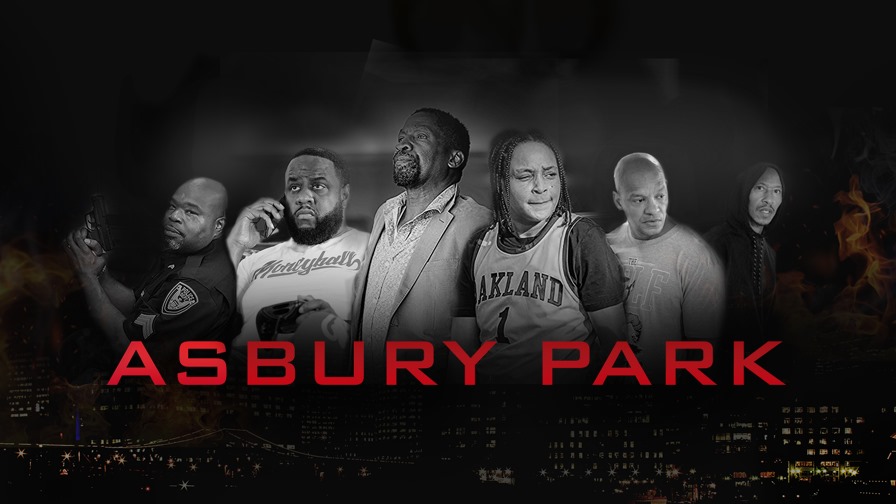
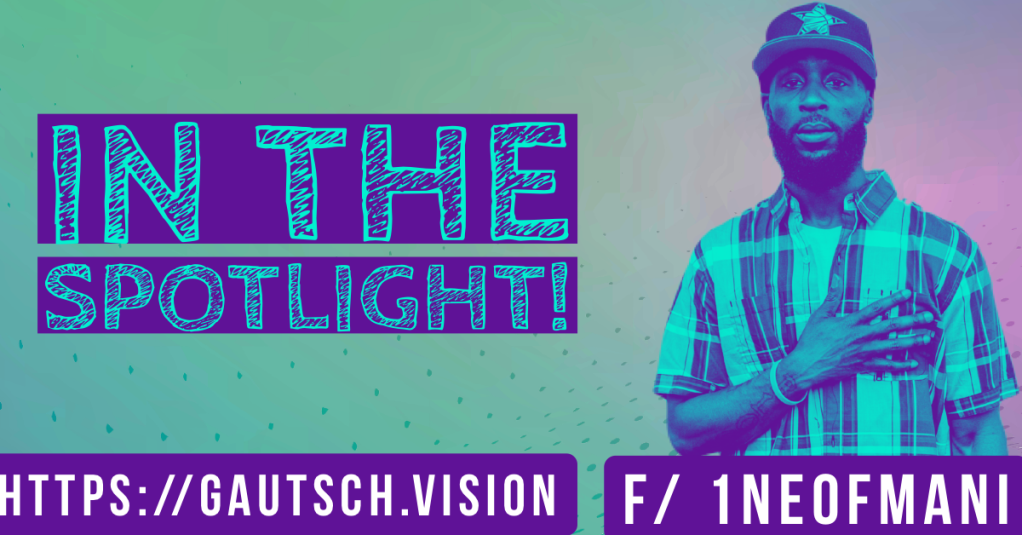
Leave a comment